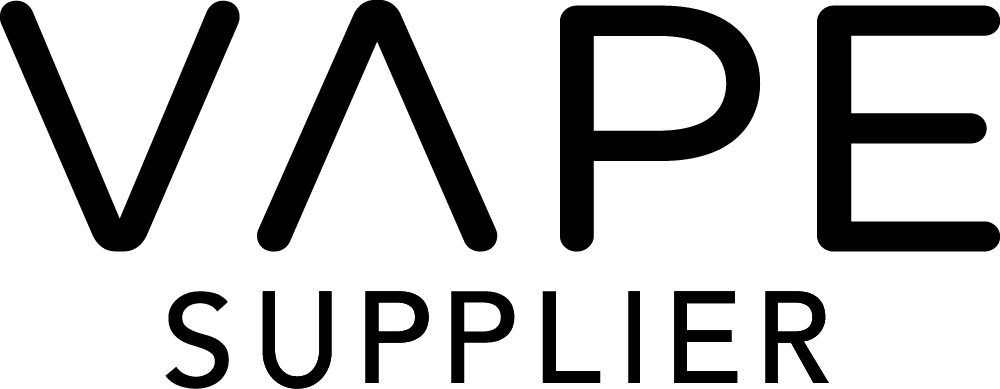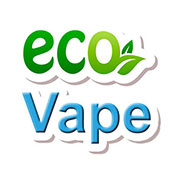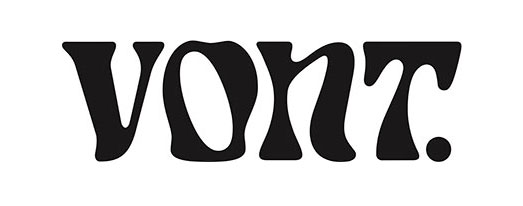A special report for Grocery Trader magazine, by our CEO Lee Bryan.
News of the government’s recent announcement to ban disposable vapes has rocked the UK vape industry. In what could be considered a knee-jerk reaction aimed at swaying votes, we have not even seen the results of the consultation last year, and already, sweeping new regulations have been announced.
I suspect that the UK general election looming has been the catalyst for this dramatic turn of events.
The challenges this represents are myriad. A lack of detail is driving uncertainty across the sector, as businesses grapple with what this means for existing product ranges, exactly which types of devices or flavours it will affect, when it is likely to come into force, and most importantly – how it will impact their customer base. We know from scientific evidence that vaping is 95% less harmful than smoking. Vaping has without doubt saved thousands, if not millions of lives, from smokers who have made the switch.
Already, numerous groups across the industry are mobilising for coordinated action to challenge the proposed ban on the grounds of health and the economy. We have seen a heightened round of media attention as the news broke, with industry leaders voicing their concerns on the consequences of a widescale ban on disposables, and the damage this will do to the hard-won decline in smoking rates.
This isn’t new territory for the international vape industry, however. Working with clients across the globe, we have already seen how booming business has prompted regulatory intervention from policy makers. By comparison, USA, Australia and several European member states have particularly strong anti-vaping regulatory landscapes. Incidentally, smoking rates in these countries are also correspondingly higher, which does open Pandora’s box as to which agendas these staunch anti-vaping stances actually serve.
Of course, the vape industry, as with any other, is not without its challenges. The issue of sustainability has been a pressing question in recent years, with criticism levelled at the waste caused by single-use vapes. Businesses have been working hard to develop innovative new products that are fully recyclable, implementing robust WEEE recycling schemes and educating customers about the cost and environmental benefits of using refillable and rechargeable devices.
The issue of youth access to vaping has also attracted serious criticism, but this challenge is no different, I would contest, to that faced by industries such as gambling and alcohol. Could it be reasonably argued that a bubblegum flavoured liquor is any less enticing to a minor than a bubblegum flavoured vape? The solution here lies not in an outright ban, but much stronger enforcement, and a well-funded licencing scheme for retailers, as already operates effectively in the gambling and alcohol sectors.
By contrast, prohibition does not work. It’s not possible to eradicate demand simply by outlawing the supply. Without sturdy enforcement, a ban on disposables is likely to fuel the illicit market. This is a terrible outcome for all involved – consumers will suffer from the health risks of unsafe products procured on the ‘black market’, policy makers and regulators have less control over products in circulation, and bad actors will profit from illicit trade – impacting revenue for government duties through lawful product taxation. Those consequences are set to be even worse if the government goes further than banning disposables and also restricts vape flavours. It is crucial that the policy makers listen to the voices of vapers and the industry to implement strategies that will not damage the lives and livelihoods of its population.
To be able to comply with new and existing regulations, requires a comprehensive compliance strategy – ideally one that is dynamic, and responsive to a changing landscape. While this might sound insurmountable, partnering with specialists will help to ease the burden on your business, as well as keeping the cost down.
During times of major change, building and embedding trust is more important than ever. This means investing in your product assurance, testing, and establish robust controls over your product lifecycle, all the way from testing and manufacture, to post-sales tracking. Implementing these important compliance requirements will boost your brand’s reputation, provide a competitive advantage, and help you to weather the media storm. There are ways and means to automate time-consuming processes with the right technology, so compliance should be seen as a positive opportunity, as opposed to a barrier.
As regulations become ever-tighter, I always advise my clients to be ahead of the regulatory curve, and bake these valuable processes into the core of their business. It is the only true way to maintain your company’s position and keep your products safely and sustainably on the market.
The vape industry started as a small group of pioneers that looked to provide a new and safer method of nicotine delivery, and thanks to its innovation, vaping has become incredibly successful. Smoking rates in the UK are currently at an all-time low. I firmly believe that with the right strategies and processes in place, the industry will continue to innovate and overcome these new challenges. We must work together, with retailers, manufacturers and key stakeholders to double down on these vital standards and defiantly rebuild our reputation in the fickle eyes of the media and our fiercest critics. Lives and livelihoods depend on it!
This article appeared in Grocery Trader magazine in March 2024.
For further advice on compliance, please contact us.









